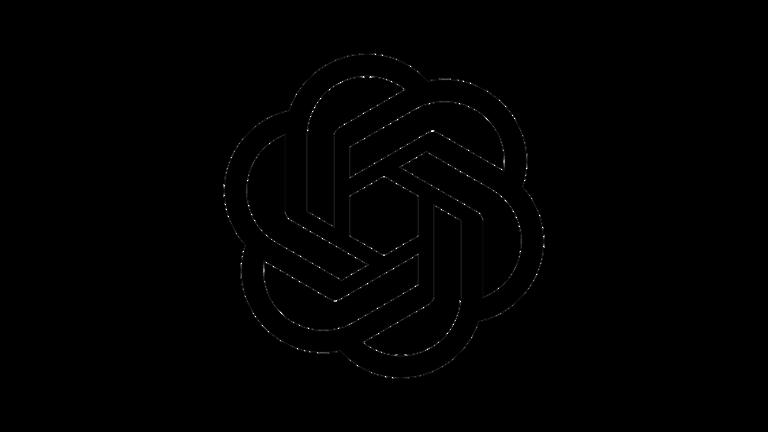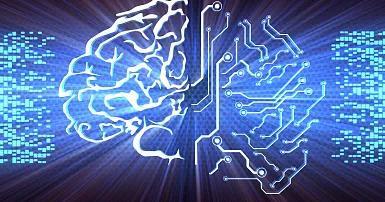
3 minute read
CHATGPT:ANEWFRIENDOR ENEMY?
By Alisiya Ermolenko '24
I am sure you are familiar with the following scenario: it is 11 o'clock in the evening, you have been working the entire day, and yet the pile of work seems to be never ending. Your tired eyes are starting to shut and your head is ready to explode. But wait, not all hope is lost. Suddenly, you remember a name you heard a classmate mention in a hushed tone during break: ChatGPT You think, "Well, I might just as well take a look at it. It couldn't hurt, right?" And so you enter the strange and unfamiliar name into the Google search engine Bam There it is: the solution to all your school-related problems Or is it?
As students, we have all at least once or twice fantasised about what life would be like without the constant stress of the hundreds of assignments we have to deal with on a daily basis. And now, OpenAI, the San Francisco startup created by a group of entrepreneurs including Reid Hoffman, Sam Altman, Elon Musk, Jessica Livingston, and others, has made that fantasy into reality. However, it would be wrong to say that the software was created solely for aiding lazy students with schoolwork.
According to its creators, ChatGPT is a language-based model that should be used as a foundation to better one's understanding and to create a serviceable artificial intelligence system It provides quick and convenient responses to user queries, is available 24/7, and has access to a vast amount of information. ChatGPT can be personalised to suit the needs of individual users and is consistent in its responses, ensuring accurate and reliable information every time It can be scaled up to handle large volumes of queries, making it a useful tool for businesses and organisations that need to provide support to a large customer base Additionally, ChatGPT can provide a cost-effective way for businesses to provide customer support and reduce the workload of human support agents.

Depending on how familiar you are with the chatbot, it is possible to recognize that the latter paragraph was written by ChatGPT Although machine learning is a complicated process, it is possible to explain it briefly.


To put it simply, the emergent AI is trained to predict, connect, and form patterns and relationships between words, also known as tokens, that tend to contain three to four characters. Through programming, it is possible to establish a few rules you want the machine to follow while at the same time building its capacity to form coherent text by training it using a large database. This large database provided by articles, books, pdfs, and other files found on the internet enables ChatGPT to have the capacity to answer a variety of prompts on any given topic


ChatGPT's response is supported by many educators. In fact, it has been known for a while that the International Baccalaureate Programme will formally acknowledge ChatGPT as a candid source in a student's bibliography in an attempt to encourage the "ethical and effective" use of the new advancements in artificial intelligence language models. However, on its website the IB stresses the importance of using such tools responsibly due to their growing popularity and availability.

Even though the aim is to develop a deep learning neural network, it is important to highlight that ChatGPT isn't able to "understand" things the way humans do and that its information isn't necessarily factual because of its algorithm, which simply helps it connect words together using probability from other texts. As shown above, ChatGPT lacks selfawareness to know that due to the fact that its information comes from a wide range of sources, it cannot provide 'accurate and reliable information every time'.
On a related note, if you have happened to play around with it, after a while it is visible how its sentence structure is fairly limited due to most of the sentences starting with the name of the subject you asked it to address. However, in the foreseeable future, ChatGPT will be able to provide better responses with increased practice via reinforcement learning with human feedback (RLHF) that engineers use to compare the perfect responses.
To see what teachers at ISF thought, a survey was sent out last week to which many have responded with thoughtful and insightful comments Although opinions varied on on the extent to which ChatGPT can be seen as a reliable resource and on whether or not ChatGPT will have a negative impact on the students' education, with the majority agreeing about its harmful aspects, the general consensus was that it is essential to teach students about academic honesty and the ethics of using chatbots to ensure that they are able to think critically and independently It was highlighted quite frequently that for the main IB assignments it is quite difficult to hand in a ChatGPT-written assignment due to the amount of evidence of the progress that the student has to demonstrate Moreover, many teachers pointed out the inability of ChatGPT to provide responses worthy of a 7 according to the IB markscheme creating a sense of hope that this is simply a short-term trend.
All in all, it is important to take responsible decisions regarding the use of such technology and to comprehend its positive and negative repercussions.










